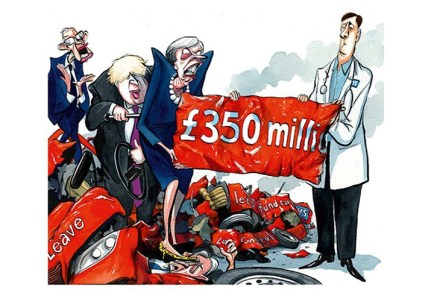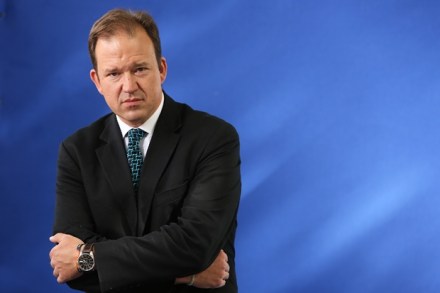The power of collective grievance
When last Sunday Pope Francis took the brave step of acknowledging the Armenian tragedy as the ‘first genocide of the 20th century’, he knew he was entering a minefield. On 24 April Armenians will commemorate the 100th anniversary of their genocide. There can be no single date for a genocide but that was the day




















